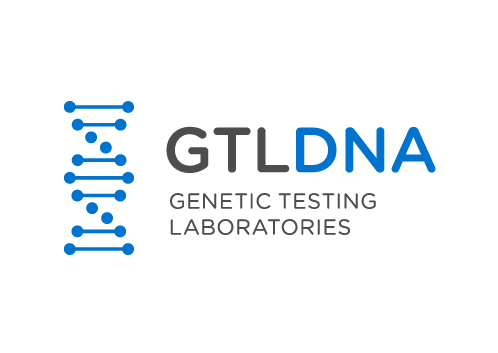How can Canine Allergy testing help your dog?
Similar to human beings, allergies in dogs can have mild to severe effects. Besides adapting to a healthy lifestyle, it is essential to carry out the right mitigation strategies in order to suppress the allergic reaction. Our allergy test does not just pinpoint the allergens, but also provides helpful instructions and guidelines. This test is easy, painless and targets the root of the problem. Therefore, instead of using medicated shampoos, drugs or special dietary products that can affect a dog’s health in the long-term, we provide you with a more effective and scientifically proven option. Know more about the allergens tested in this test.
Understanding the Allergy test results
For better understanding, the canine allergy test report is divided into three categories:
- Positive for allergens triggering reactions. A detailed analysis is provided explaining how to overcome the effects of these allergens. From treatment to dietary and lifestyle guidelines, different suggestions are provided to make sure that your dog stays healthy.
- Neutral for the allergens that may trigger a reaction. The allergens falling into this category do not affect your canine’s health immensely but they might if not taken into consideration.
- Negative for substances that are not affecting your dog’s health.
Results are 2-3 weeks after our laboratory receives the samples. The report is online and interactive.
The Sample Collection process
Compared to other similar tests, this allergy test is relatively easy and the sample can be conveniently collected at home. Once you place an order, we immediately dispatch our dog allergy testing kit which includes everything you need to collect samples and step-by-step instructions to walk you through the process. The sample is collected through a cotton-based device which is analysed at a highly accredited laboratory. For best results, we recommend you to mail the sample within 24 hours of collection. Read the sample collection instructions for this test.
Important notes:
- The test focuses on identifying the allergens that affect your dog. It is not a DNA test. We study the proteins in the dog’s system to learn about the sensitivities your dog might be experiencing. Though we give treatment options, it is best to discuss them with your veterinarian.
- There are a number of different drugs and medications that can affect your test results and these include antihistamines and steroids. If the dog being tested is taking any of these, please do not collect the sample until they have been off them for a minimum of one week and up to 2 weeks.
Dog Allergy testing Special Offers
Dog Allergy testing is priced at only £89.
A second or third Dog Allergy test for your other pooch or maybe for a relative or a friend can be purchased at £69 (£20 discount). You can also benefit from a £10 discount if you opt for a Dog Breed test (priced at £58) with your Dog Allergy test. Make use of our discounted prices to understand even better your beloved pet!
FAQs
What are some of the most common allergens?
Any substance can be an allergen when the dog’s immune system perceives it as a threat. Allergens can be found in food as well as the environment. It is important to take a test to detect the right allergen.
- Mould spores
- Dust and house dust mites
- Medications
- Cigarette smoke
- Insecticidal shampoo
- Rubber and plastic
Mentioned above are just a few examples. There are many more.
What are the most common symptoms?
The following are some of the symptoms that are commonly exhibited in dogs with allergies:
- Itchy, red, moist or scabbed skin
- Increased scratching
- Itchy, runny eyes
- Itchy back or base of the tail (most commonly flea allergy)
- Itchy ears and ear infections
- Sneezing
- Vomiting
- Diarrhoea
- Snoring caused by an inflamed throat
- Paw chewing/swollen paws
- Constant licking
Are allergies more common in some breeds?
Although any dog can suffer from an allergy, some dog breeds are more susceptible to specific allergies than others. Terriers, Setters, Retrievers and flat-faced breeds such as Pugs, Bulldogs and Boston terriers are among those breeds which appear to more often suffer from allergies.
Can my dog eat before his sample is taken?
Your dog should not eat before getting its sample collected as food can affect the test results. We recommend either taking your dog’s sample first thing in the morning or waiting for the longest possible time between meals to collect the sample.
Aside from food, there are also medications, such as antihistamines and steroids, that can affect the dog’s test results. Therefore, your dog must not be on any antihistamines, anti-itching and anti-inflammatory medication or steroid-based medications for 1-2 weeks before collecting its sample.
Can food trigger allergies?
The ingredients in a dog’s food can sometimes start an allergic reaction. It can either be a food allergy or food intolerance. It’s not easy to determine the allergen without a test. When the specific allergen is identified, the reaction can be managed by avoiding it or through antibiotics.
What other canine tests do you offer?
Genetic Testing Laboratories offers a variety of different canine tests, including canine parentage testing as well as Food Suggestion Report . Discover more about what makes your loyal friend so unique!
Order Now
